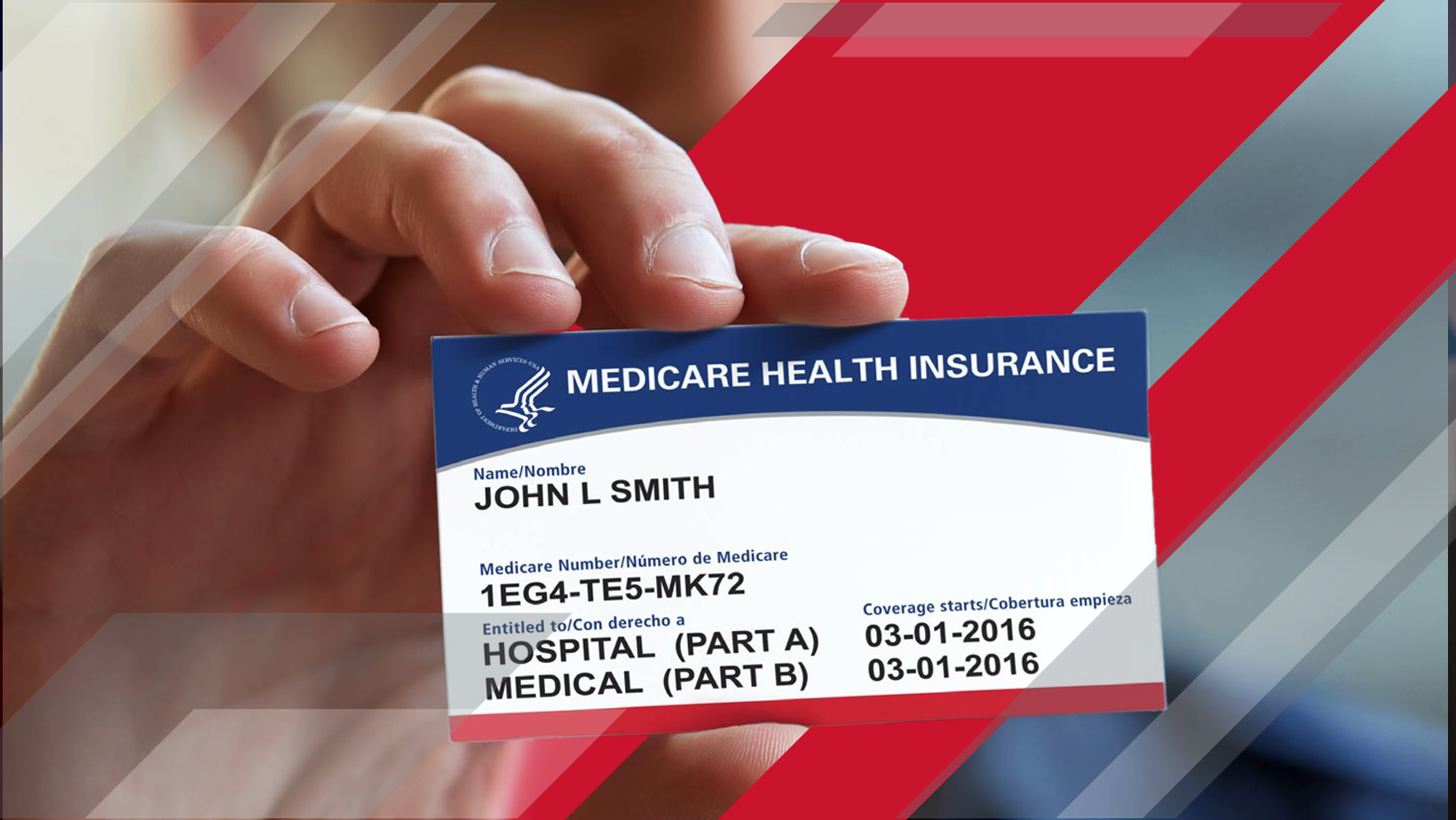Judge Upholds CMS Medicare Advantage Ratings, Humana Faces Billions in Losses
A federal judge upheld CMS Medicare Advantage star ratings, resulting in a downgrade for Humana that risks billions in government bonus payments. The ruling affects nearly half of Humana's Medicare Advantage members and has broad implications for the insurer and Medicare market.








